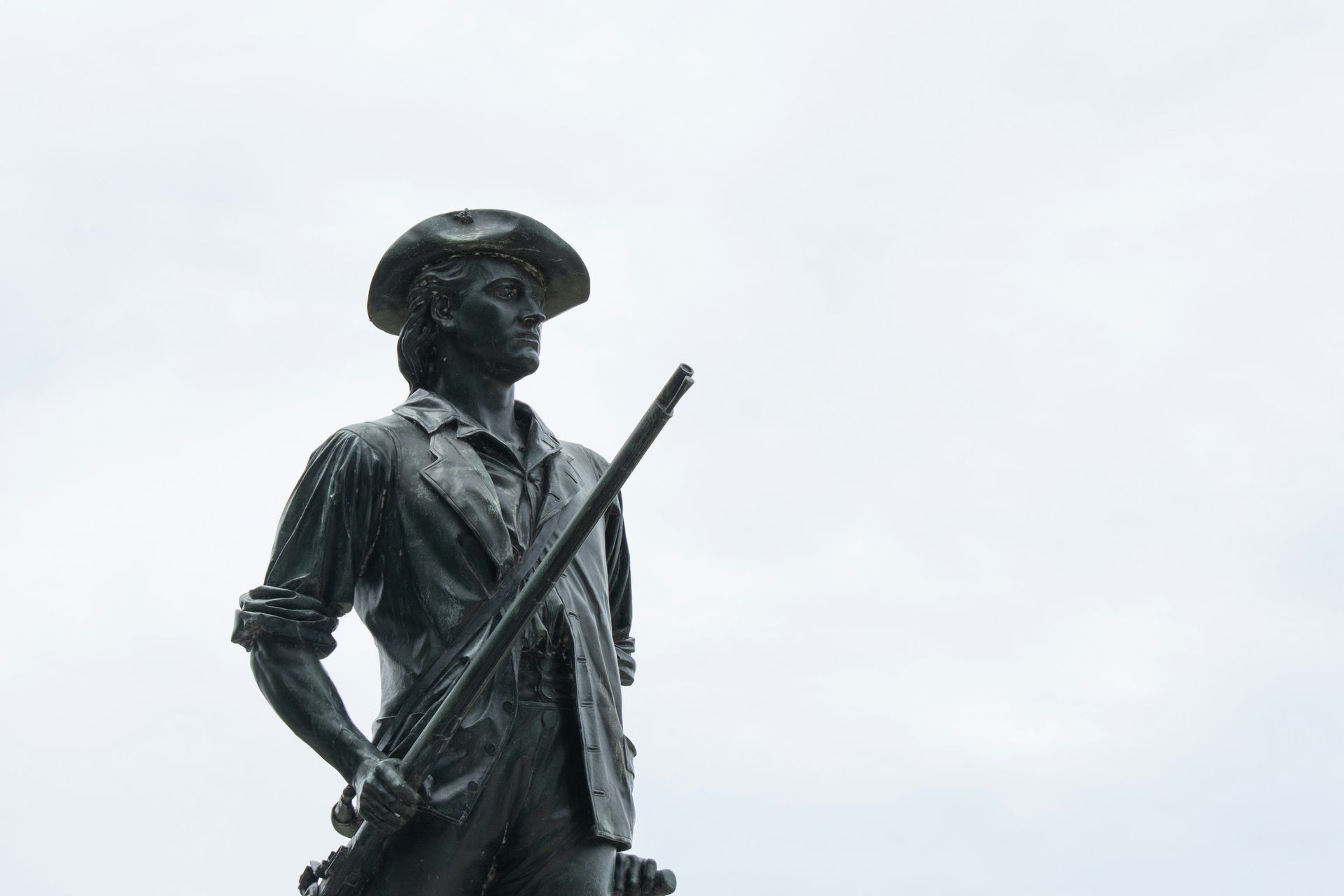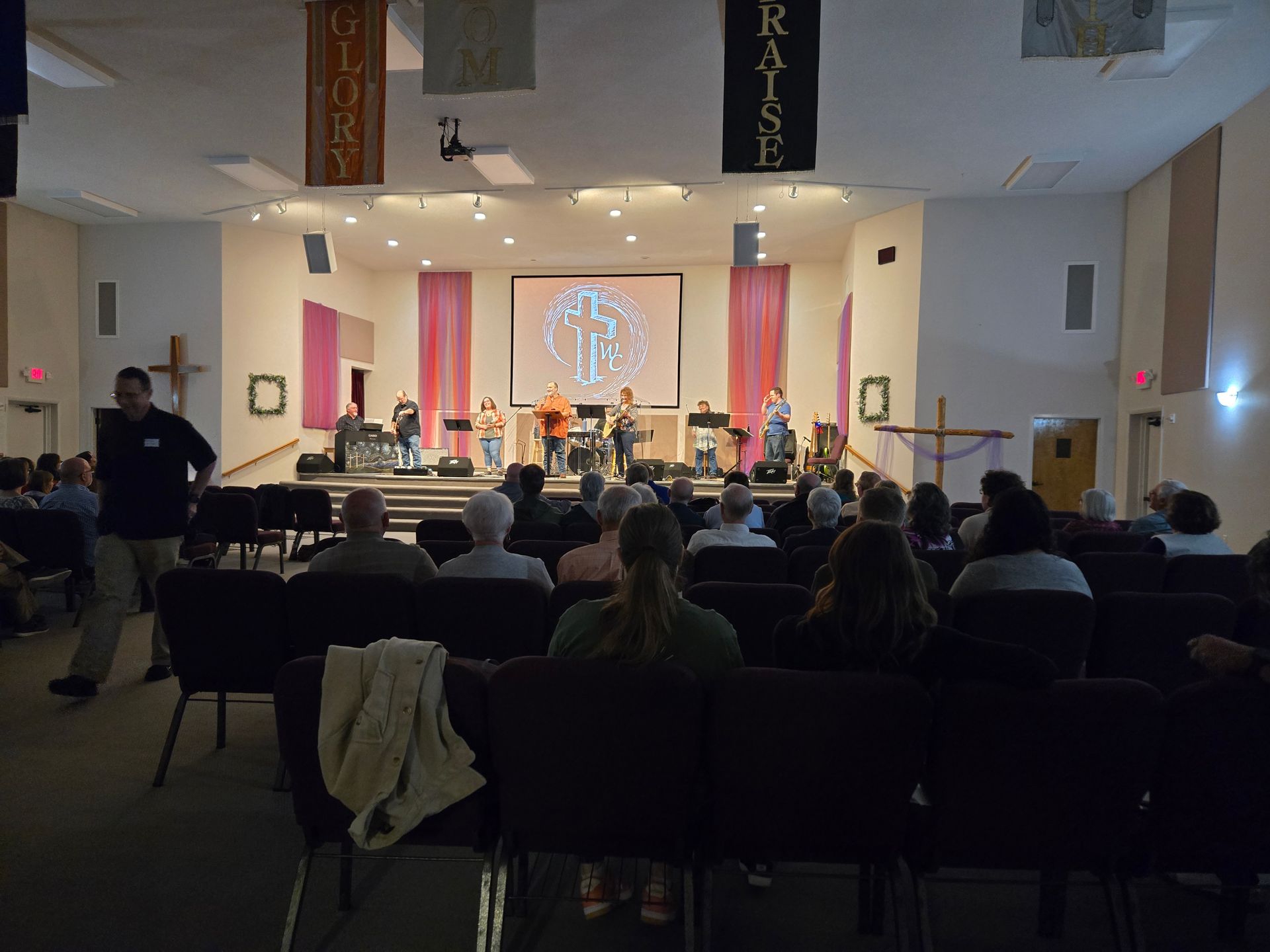A Balm for Dark Times
Abortion, Afghanistan, belligerent airline passengers, contentious school board meetings, climate change, delta, inflation, resigning nurses, and shortages. Cold war with China, and cold civil war with ourselves.
I could go on.
It is depressing. Many of us are curtailing news time to avoid the gloom. The question is how should Brethren cope with this pervasive darkness?
Here are a few suggestions.
Find a way to help. Do something. Your involvement will be a point of light in the darkness, and it will also help you feel better.
Pray. If you aren’t sure how you can help, God will tell you, quickly.
Remember God’s presence within you. Well-educated, center-left Brethren, for whom this piece is largely written, might balk at the notion of a close-by God. Except for moments of personal crisis, they often speak hesitatingly of their relationship with God, and the divine comes across as distant. Their emphasis, which articulates Scriptural support for social justice, a position with which I agree, appears more intellectual than spiritual.
Perhaps middle-class progressives seek to avoid mimicking hard-right evangelicals. Perhaps middle-class politeness, which encourages restrained religion, is at play. Perhaps the disappearing Brethren practice of nonconformity discourages proclamation of an intimate God that makes them different from the mainstream. Regardless of the cause, progressive middle-class Brethren project rationalism rather than felt or inner faith.
But God’s human temple has room for both religion of the head and the heart. A healthy balance between the two creates a full and vibrant spiritual life.
Early Brethren balanced reason and emotion. On one hand, thought was important for them. Rather than sudden camp-meeting style conversion, they sought a serious decision to enter into a new life of discipline and dedication. Contemplation preceded conversion, which often was gradual rather than swift, a clear limit on the emotions.
But, as Pietists early Brethren also practiced heartfelt religion and the new birth. (An intimate God and new birth are not identical, but in practice they usually operate hand-in-hand.) Peter Bowman, an early nineteenth-century Shenandoah Valley preacher, wrote that as Brethren step out of the baptismal waters, they also “rise up into new life,” and John Kline believed that baptism created a “walk in the newness of life.” Alexander Mack, Sr., asserted that inner religion gave strength “even in outward matters.” New life and inner religion enabled Brethren to observe obedience to God and armored them for nonconformity to the world.
Middle-class Brethren should borrow from their early forbears and use born-again faith to summon strength in a modern, chaotic world. As inner religion enabled Brethren of a previous generation to go forth into all the world plainly dressed and otherwise nonconformist, religion of the heart now equips the soul for engagement with breath-taking disorder. Inner religion provides encouragement in a time that requires it.
Deep down, we know that we are different because God is close-by. Though the times be difficult, God is by our side. God is intimate.
And, so, as we endure the early twenty-first century’s version of the Valley of the Shadow, we need to remember that Thou art with us. It makes a big difference.










